

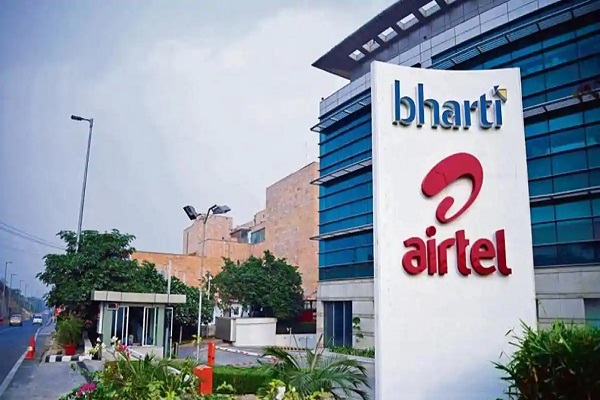
The highly anticipated spectrum auctions have concluded with disappointing results, as only 12% of the estimated value was sold. Bharti Airtel emerged as the biggest buyer, acquiring radiowaves worth over Rs 6,800 crore. Vodafone Idea and Reliance Jio also made significant purchases, adding to their 4G networks. This news has caused concern for the government, as it only managed to sell a fraction of the expected value.
Spectrum Auction Debacle: A Setback for Government's Revenue Expectations
Background
The Indian government recently conducted a much-awaited spectrum auction, offering radiowaves for use by telecom operators in providing mobile services. The auction was expected to generate significant revenue for the government, as it had put up a large chunk of spectrum for sale. However, the results were far from satisfactory, with only a fraction of the estimated value being sold.
Winning Bidders and Spectrum Acquisition
Bharti Airtel emerged as the biggest winner, acquiring radiowaves worth over Rs 6,800 crore. It secured spectrum in multiple frequency bands, including the key 5G bands of 3.5 GHz and 26 GHz. Vodafone Idea and Reliance Jio also made significant purchases, adding to their 4G networks. However, the government's expectations of large-scale participation from potential entrants were not met.
Disappointing Revenue Realization
The total value of spectrum sold in the auction amounted to only 12% of the estimated reserve price of Rs 57,000 crore. This is a major shortfall and a setback for the government's revenue targets. The unsold spectrum will now be put up for auction again in the future.
Causes of the Disappointing Results
Several factors contributed to the poor showing at the auction. These include:
Concerns for the Government
The disappointing auction results are a concern for the government, as it will have to reassess its revenue expectations. It may also need to consider revising its spectrum pricing and auction strategy to attract more participation in future auctions.
Top 5 FAQs and Answers
1. Why was the spectrum auction disappointing? A: The auction was disappointing because only 12% of the estimated value of spectrum was sold, leading to a significant shortfall in government revenue.
2. Who were the major winners in the auction? A: Bharti Airtel, Vodafone Idea, and Reliance Jio were the major winners, acquiring significant amounts of spectrum.
3. What factors contributed to the poor auction results? A: High reserve prices, lack of interest in 5G, and financial stress on the telecom sector were some of the factors that led to the disappointing results.
4. What are the implications of the auction results for the government? A: The government will have to reassess its revenue expectations and consider revising its spectrum pricing and auction strategy.
5. What is the future of spectrum auctions in India? A: The government is expected to conduct more spectrum auctions in the future, and it remains to be seen whether it will be able to attract more participation and generate higher revenue.
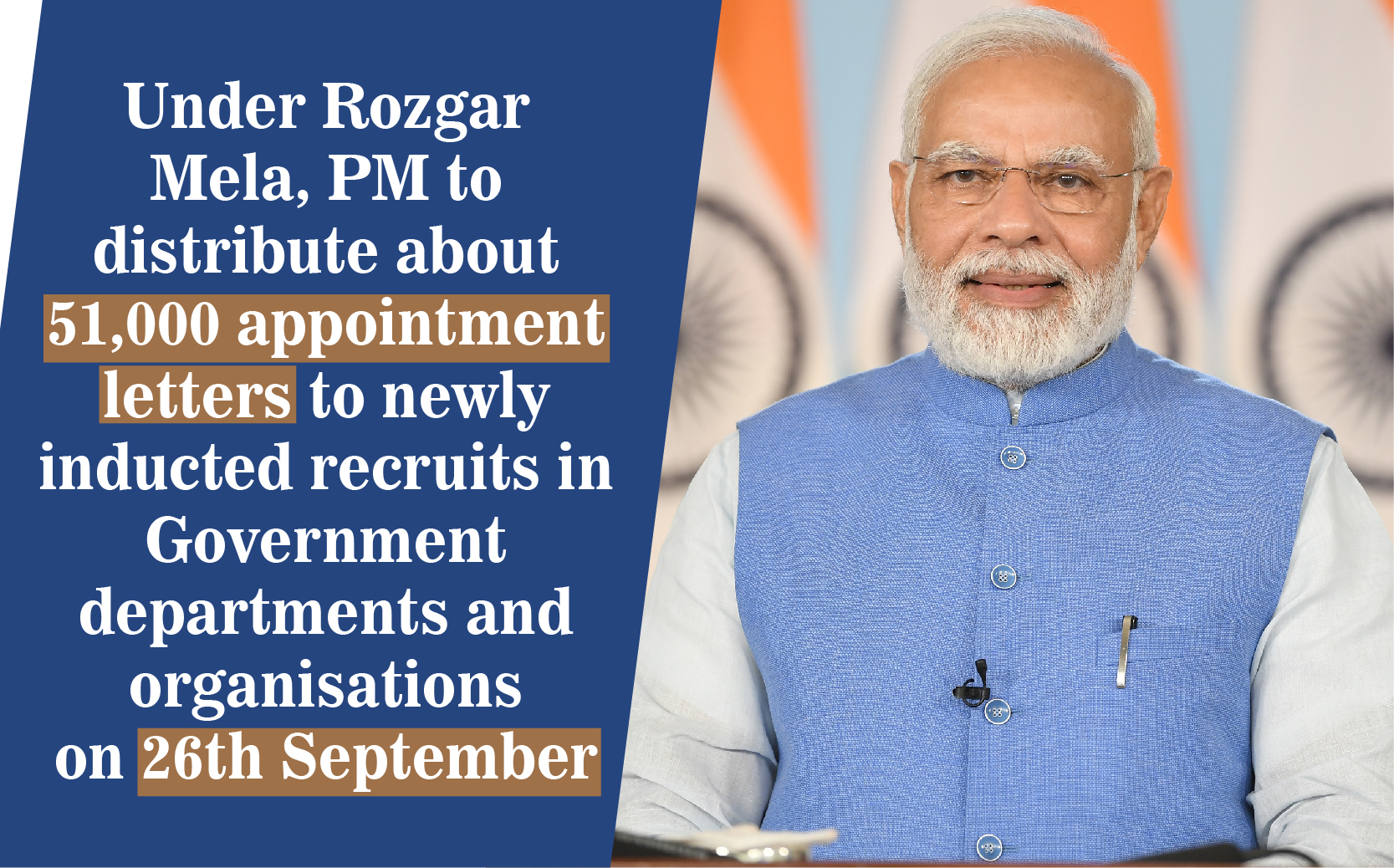
Indian Prime Minister Narendra Modi will be distributing more than 51,000 appointment letters to newly recruited youth through a virtual job fair in various government departments and organisations. This initiative, in its 15th edition, aims to provide meaningful employment opportunities for the country's youth and contribute to its progress. The recruitment drive, which has already offered over 10 lakh permanent government jobs since October 2022, highlights the government's commitment to tackling unemployment and empowering young individuals to participate in India's growth story. Additionally, the PM also highlighted India's partnership with 21 countries in improving migration and employment opportunities.

The Springfield Catholic Diocese's Bishop Thomas John Paprocki led a special Mass to honor the Sisters of St. Francis and celebrate the 100th anniversary of the founding of OSF HealthCare Saint Anthony's Health Center in Alton. The hospital, originally established as Saint Anthony's Infirmary, was the first Thuiner Franciscan house in the United States and has grown and adapted over the years while maintaining its founders' commitment to compassionate care. The hospital's Vice President of Operations and Special Projects credits the Sisters' determination and devotion to Christ's love for the hospital's success and continued impact on the community.
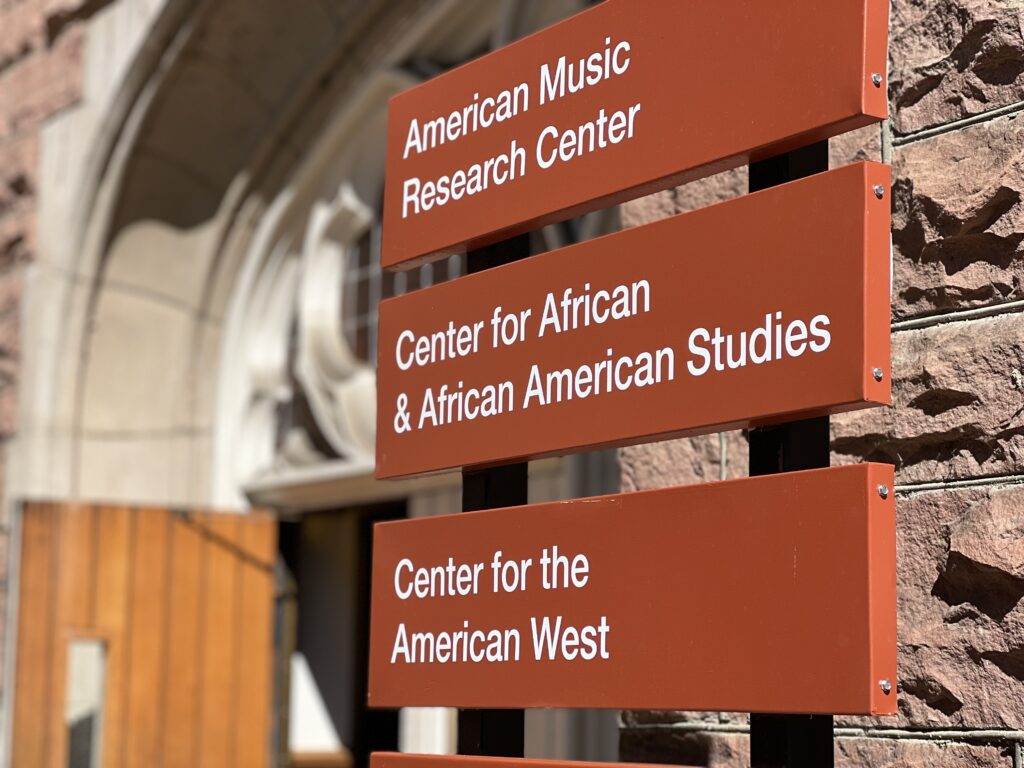
The Center for African and African American Studies at the University of Colorado Boulder is celebrating their recent receipt of a generous matching donation from Chancellor Philip P. DiStefano. With this support, the center aims to continue enriching the academic landscape and foster a sense of belonging for Africans, African Americans, and the African diaspora. Donations from individuals are greatly appreciated and will contribute to the center's growth and student opportunities. Interested in supporting the CAAAS? Contact Jazmin Brooks and join their Forever Buffs Black Alumni group or subscribe to their newsletter for updates.
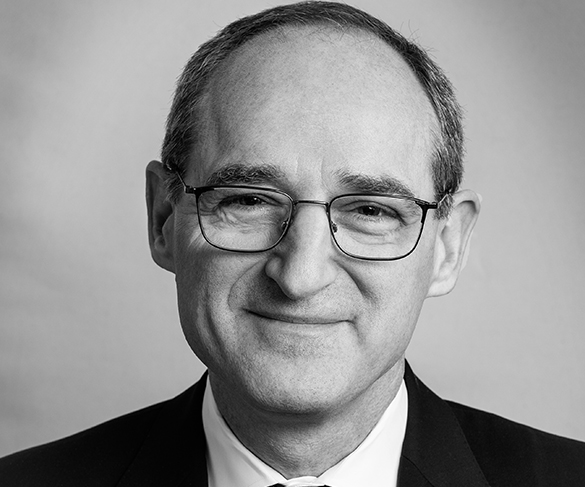
In a recent podcast appearance, Ralph Lauren CEO Patrice Louvet shared his belief in a tough love approach to addressing serious issues at work. He emphasized the need for direct communication and not being afraid to use a "2X4 across the forehead" in critical situations. However, his comments have also sparked a debate on the effectiveness of this leadership style in today's modern workplace.
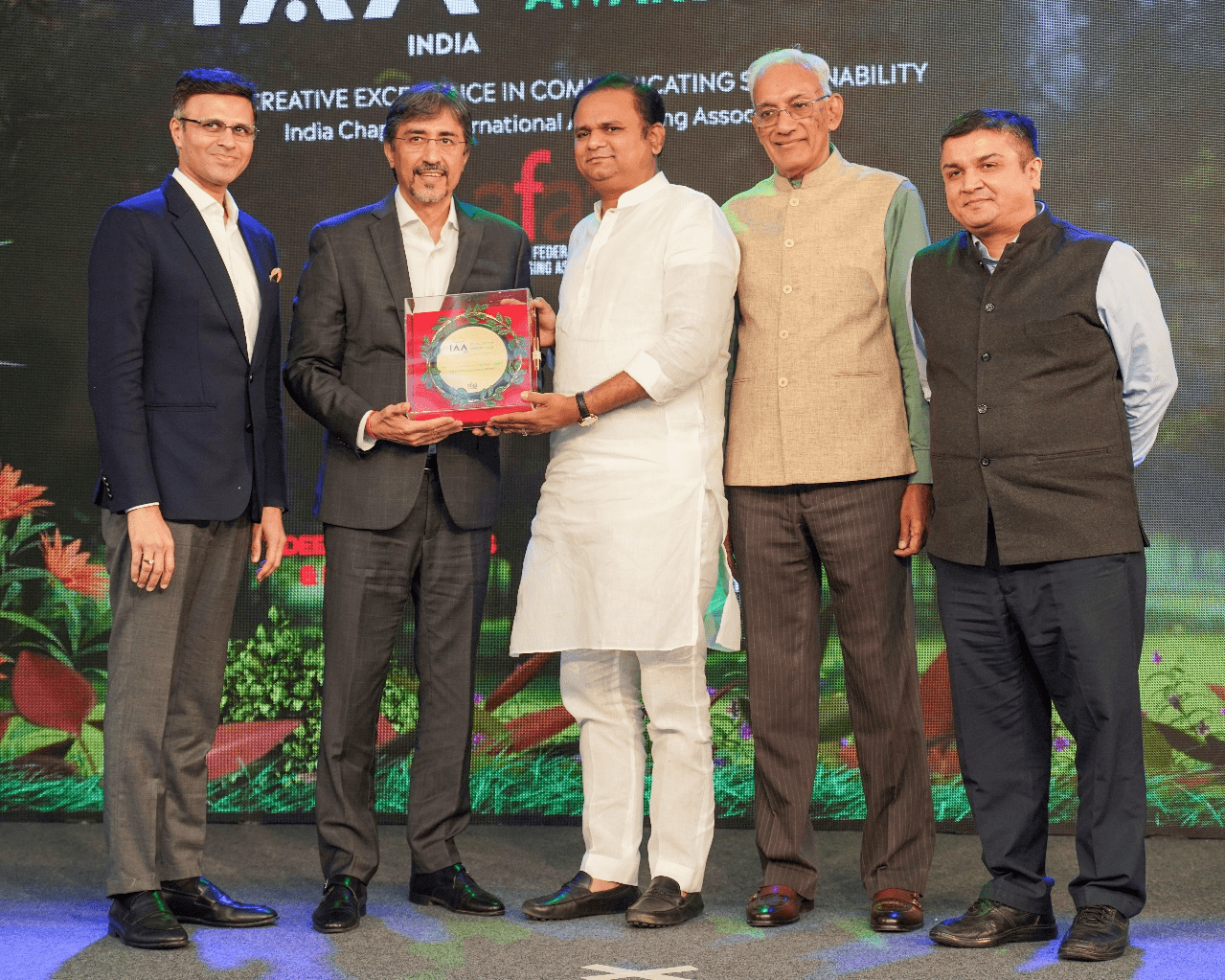
Tempest Advertising, a leading agency in purpose-driven creativity, has won the Gold Award in the Press Unreleased category at the 2025 IAA Olive Crown Awards for their striking campaign "Fast Fashion". Using AI technology, the campaign addresses the environmental impact of the fashion industry and calls for a shift towards more sustainable practices. With this win, Tempest solidifies its position as a leader in promoting responsible consumerism and guiding businesses towards a more sustainable future.
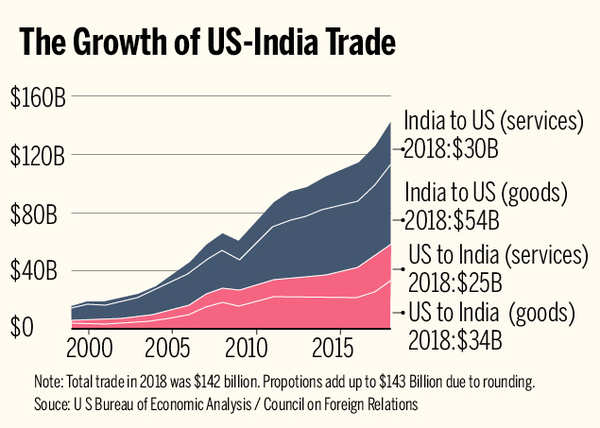
The highly anticipated bilateral trade agreement between India and the US is close to reaching a successful conclusion, according to US Treasury Secretary Scott Bessent. This deal would allow India to avoid the 26% reciprocal tariffs and increase trade to $500 billion by 2030. Negotiators from both countries are currently meeting in Washington to finalize the terms of the agreement, which is expected to be concluded by the fall of this year. With both sides eager to reach an agreement before the July tariff deadline, this deal has the potential to greatly benefit both nations' economies.

In a recent podcast interview, Ralph Lauren CEO Patrice Louvet discussed the delicate topic of giving criticism in the workplace. Louvet stressed the importance of addressing issues sooner rather than later, and how it can ultimately benefit both businesses and individual careers. He recognizes the difficulty in giving feedback, but advises a direct and honest approach in tackling major issues. However, for minor concerns, Louvet suggests focusing on employee strengths and gradually addressing weaknesses.

Suprabhat Mandal, a student from West Bengal, recently made headlines after successfully securing a position in three different banking exams. After a year of dedicated preparation, Mandal used the ADDA247 Bank Mahapack to help him learn from the basics to harder questions. Now, he is encouraging other successful candidates to share their stories and inspire others to never give up on their dreams.

British arts and crafts retailer Hobbycraft is undergoing a major restructuring of its retail operations under the ownership of private equity firm Modella Capital. While nine stores are set to close, including 72-126 jobs losses, the fate of other branches is still being reviewed. The company's CEO cited challenges faced by the retail sector as the reason for this necessary action.

In a move to boost economic ties between the two countries, US Vice-President JD Vance announced that America and India have finalized terms for a trade deal. This comes amid rising concerns over the impact of President Trump's reciprocal tariffs. Speaking at an event in Jaipur, Mr Vance emphasized the need for fair and mutually beneficial trade partnerships with countries that value labor rights and promote balanced, open, and stable global trade.